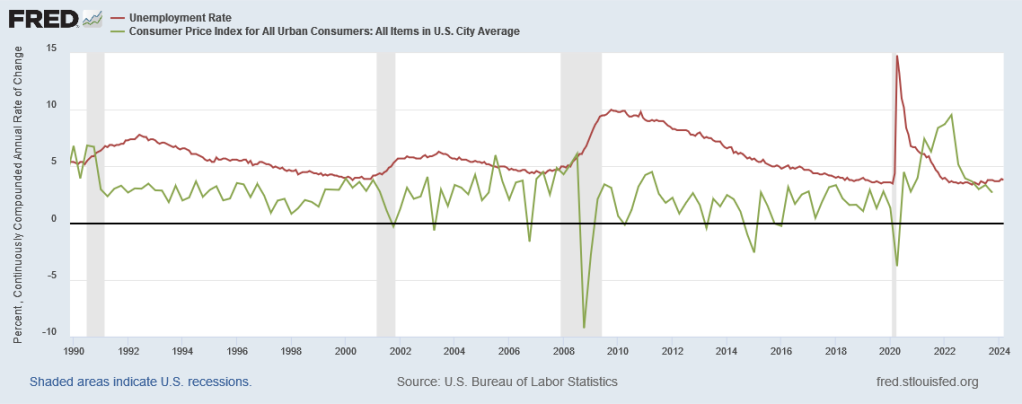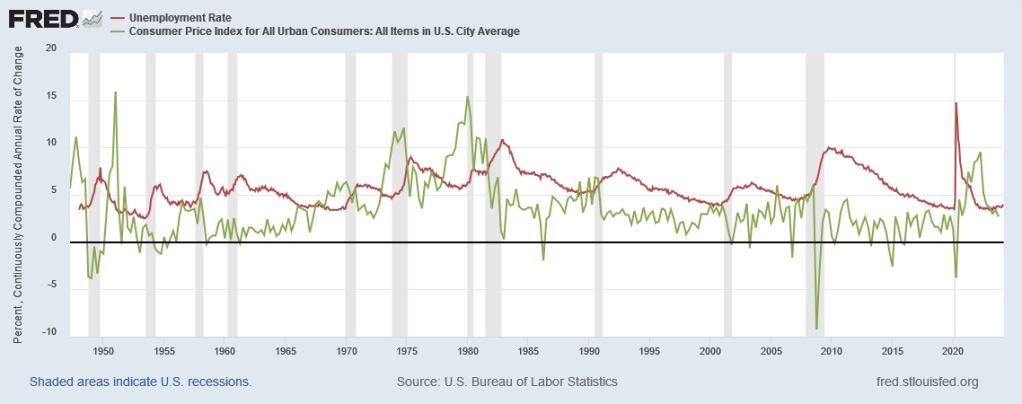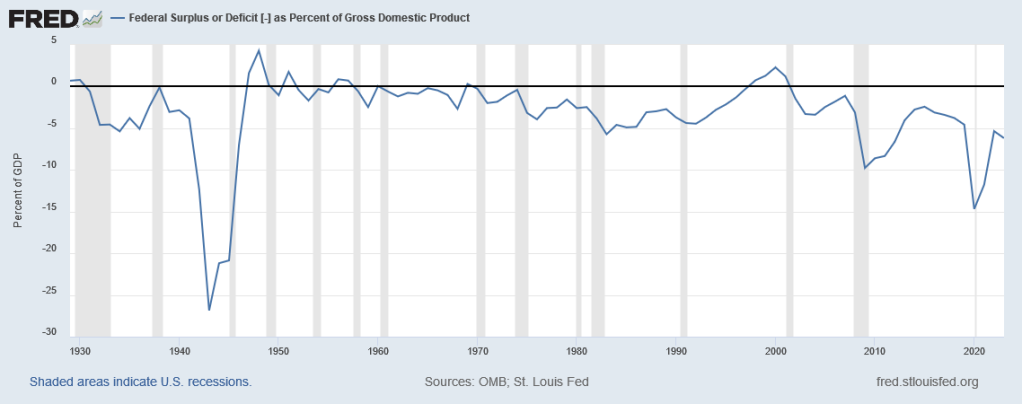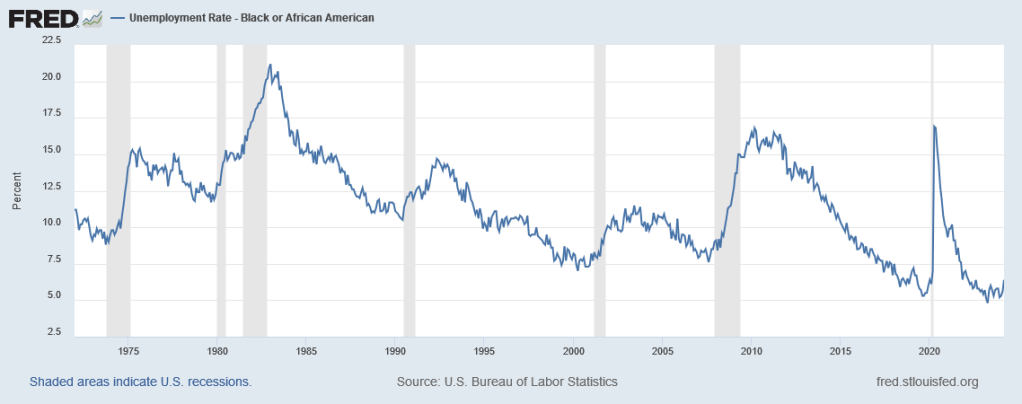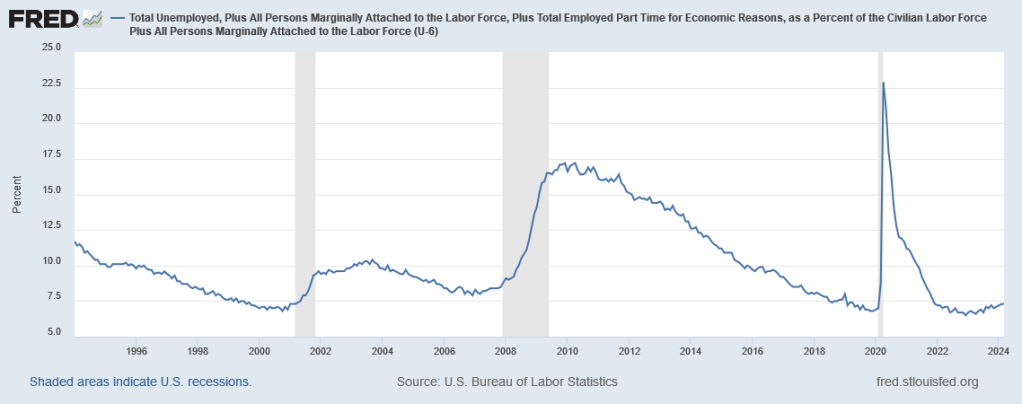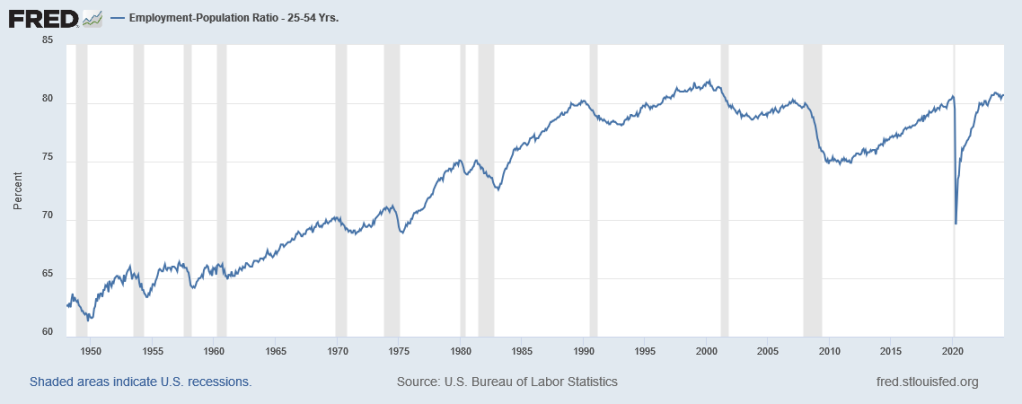Apr 28 JDN 2460430
What are the chances that artificial intelligence will destroy human civilization?
A bunch of experts were surveyed on that question and similar questions, and half of respondents gave a probability of 5% or more; some gave probabilities as high as 99%.
This is incredibly bizarre.
Most AI experts are people who work in AI. They are actively participating in developing this technology. And yet more than half of them think that the technology they are working on right now has a more than 5% chance of destroying human civilization!?
It feels to me like they honestly don’t understand what they’re saying. They can’t really grasp at an intuitive level just what a 5% or 10% chance of global annihilation means—let alone a 99% chance.
If something has a 5% chance of killing everyone, we should consider that at least as bad asthan something that is guaranteed to kill 5% of people.
Probably worse, in fact, because you can recover from losing 5% of the population (we have, several times throughout history). But you cannot recover from losing everyone. So really, it’s like losing 5% of all future people who will ever live—which could be a very large number indeed.
But let’s be a little conservative here, and just count people who already, currently exist, and use 5% of that number.
5% of 8 billion people is 400 million people.
So anyone who is working on AI and also says that AI has a 5% chance of causing human extinction is basically saying: “In expectation, I’m supporting 20 Holocausts.”
If you really think the odds are that high, why aren’t you demanding that any work on AI be tried as a crime against humanity? Why aren’t you out there throwing Molotov cocktails at data centers?
(To be fair, Eliezer Yudkowsky is actually calling for a global ban on AI that would be enforced by military action. That’s the kind of thing you should be doing if indeed you believe the odds are that high. But most AI doomsayers don’t call for such drastic measures, and many of them even continue working in AI as if nothing is wrong.)
I think this must be scope neglect—or something even worse.
If you thought a drug had a 99% chance of killing your mother, you would never let her take the drug, and you would probably sue the company for making it.
If you thought a technology had a 99% chance of destroying Los Angeles, you would never even consider working on that technology, and you would want that technology immediately and permanently banned.
So I would like to remind anyone who says they believe the danger is this great and yet continues working in the industry:
Everyone includes your mother and Los Angeles.
If AI destroys human civilization, that means AI destroys Los Angeles. However shocked and horrified you would be if a nuclear weapon were detonated in the middle of Hollywood, you should be at least that shocked and horrified by anyone working on advancing AI, if indeed you truly believe that there is at least a 5% chance of AI destroying human civilization.
But people just don’t seem to think this way. Their minds seem to take on a totally different attitude toward “everyone” than they would take toward any particular person or even any particular city. The notion of total human annihilation is just so remote, so abstract, they can’t even be afraid of it the way they are afraid of losing their loved ones.
This despite the fact that everyone includes all your loved ones.
If a drug had a 5% chance of killing your mother, you might let her take it—but only if that drug was the best way to treat some very serious disease. Chemotherapy can be about that risky—but you don’t go on chemo unless you have cancer.
If a technology had a 5% chance of destroying Los Angeles, I’m honestly having trouble thinking of scenarios in which we would be willing to take that risk. But the closest I can come to it is the Manhattan Project. If you’re currently fighting a global war against fascist imperialists, and they are also working on making an atomic bomb, then being the first to make an atomic bomb may in fact be the best option, even if you know that it carries a serious risk of utter catastrophe.
In any case, I think one thing is clear: You don’t take that kind of serious risk unless there is some very large benefit. You don’t take chemotherapy on a whim. You don’t invent atomic bombs just out of curiosity.
Where’s the huge benefit of AI that would justify taking such a huge risk?
Some forms of automation are clearly beneficial, but so far AI per se seems to have largely made our society worse. ChatGPT lies to us. Robocalls inundate us. Deepfakes endanger journalism. What’s the upside here? It makes a ton of money for tech companies, I guess?
Now, fortunately, I think 5% is too high an estimate.
My own estimate is that, over the next two centuries, there is about a 1% chance that AI destroys human civilization, and only a 0.1% chance that it results in human extinction.
This is still really high.
People seem to have trouble with that too.
“Oh, there’s a 99.9% chance we won’t all die; everything is fine, then?” No. There are plenty of other scenarios that would also be very bad, and a total extinction scenario is so terrible that even a 0.1% chance is not something we can simply ignore.
0.1% of people is still 8 million people.
I find myself in a very odd position: On the one hand, I think the probabilities that doomsayers are giving are far too high. On the other hand, I think the actions that are being taken—even by those same doomsayers—are far too small.
Most of them don’t seem to consider a 5% chance to be worthy of drastic action, while I consider a 0.1% chance to be well worthy of it. I would support a complete ban on all AI research immediately, just from that 0.1%.
The only research we should be doing that is in any way related to AI should involve how to make AI safer—absolutely no one should be trying to make it more powerful or apply it to make money. (Yet in reality, almost the opposite is the case.)
Because 8 million people is still a lot of people.
Is it fair to treat a 0.1% chance of killing everyone as equivalent to killing 0.1% of people?
Well, first of all, we have to consider the uncertainty. The difference between a 0.05% chance and a 0.015% chance is millions of people, but there’s probably no way we can actually measure it that precisely.
But it seems to me that something expected to kill between 4 million and 12 million people would still generally be considered very bad.
More importantly, there’s also a chance that AI will save people, or have similarly large benefits. We need to factor that in as well. Something that will kill 4-12 million people but also save 15-30 million people is probably still worth doing (but we should also be trying to find ways to minimize the harm and maximize the benefit).
The biggest problem is that we are deeply uncertain about both the upsides and the downsides. There are a vast number of possible outcomes from inventing AI. Many of those outcomes are relatively mundane; some are moderately good, others are moderately bad. But the moral question seems to be dominated by the big outcomes: With some small but non-negligible probability, AI could lead to either a utopian future or an utter disaster.
The way we are leaping directly into applying AI without even being anywhere close to understanding AI seems to me especially likely to lean toward disaster. No other technology has ever become so immediately widespread while also being so poorly understood.
So far, I’ve yet to see any convincing arguments that the benefits of AI are anywhere near large enough to justify this kind of existential risk. In the near term, AI really only promises economic disruption that will largely be harmful. Maybe one day AI could lead us into a glorious utopia of automated luxury communism, but we really have no way of knowing that will happen—and it seems pretty clear that Google is not going to do that.
Artificial intelligence technology is moving too fast. Even if it doesn’t become powerful enough to threaten our survival for another 50 years (which I suspect it won’t), if we continue on our current path of “make money now, ask questions never”, it’s still not clear that we would actually understand it well enough to protect ourselves by then—and in the meantime it is already causing us significant harm for little apparent benefit.
Why are we even doing this? Why does halting AI research feel like stopping a freight train?
I dare say it’s because we have handed over so much power to corporations.
